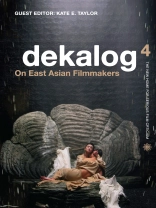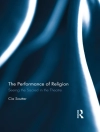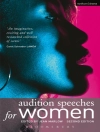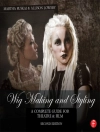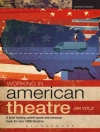East Asian cinema has become a worldwide phenonemon, and directors such as Park Chan-wook, Wong Kar Wai, and Takashi Miike have become household names.
Dekalog 4: On East Asian Filmmakers solicits scholars from Japan, Hong Kong, Switzerland, North America, and the U.K. to offer unique readings of selected East Asian directors and their works. Directors examined include Zhang Yimou, Apichatpong Weerasethakul, Rithy Panh, Kinji Fukasaku, and Jia Zhangke, and the volume includes one of the first surveys of Japanese and Chinese female filmmakers, providing singular insight into East Asian film and the filmmakers that have brought it global recognition.
表中的内容
Notes on Contributors
Introduction: On East Asian Filmmakers, by Kate E. Taylor
An Interview with Naomi Kawase, by S. Louisa Wei, Komatsu Ran and Yang Yuanying
Women’s Trajectories in Chinese and Japanese Cinemas: A Chronological Overview, by S. Louisa Wei
Fusion Cinema: The Relationship Between Jia Zhangke’s Films Dong and Still Life, by Barbara Jenni
From the Art House to the Mainstream: Artistry and Commercialism in Zhang Yimou’s Filmmaking, by Xin Wang
Feng Xiaogang and Ning Hao: Directing China’s New Film Comedies, by J. Colleen Berry
Recuperating Displacement: The Search for Alternative Narratives in Tsai Ming-Liang’s The Hole and What Time Is It There?, by E. K. Tan
De-Mystifying a Postwar Myth: Reading Fukasaku’s Jinginaki Tatakai, by Masashi Ichiki
Gathering Dust in the Wind: Memory and the ‘Real’ in Rithy Panh’s S21, by Saër Maty Bâ
Black Hole in the Sky, Total Eclipse Under the Ground: Apichatpong Weerasethakul and the Ontological Turn of Cinema, by Seung-hoon Jeong
关于作者
Kate E. Taylor is lecturer in visual culture at Bangor University, Wales, and the author of
Rising Sun, Divided Land: Japanese and Korean Cinema, forthcoming from Wallflower Press.
